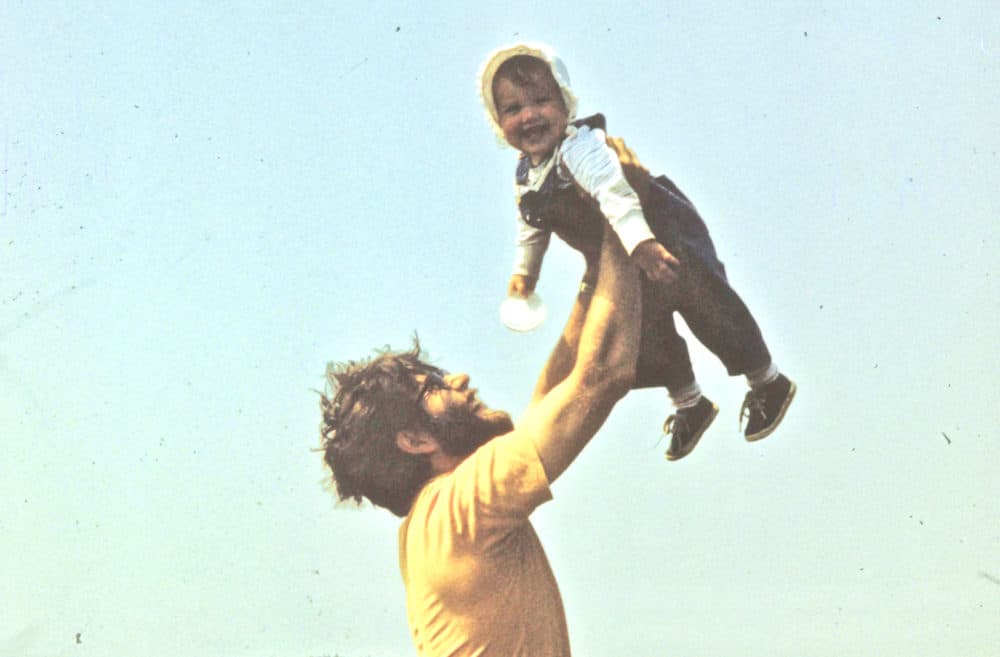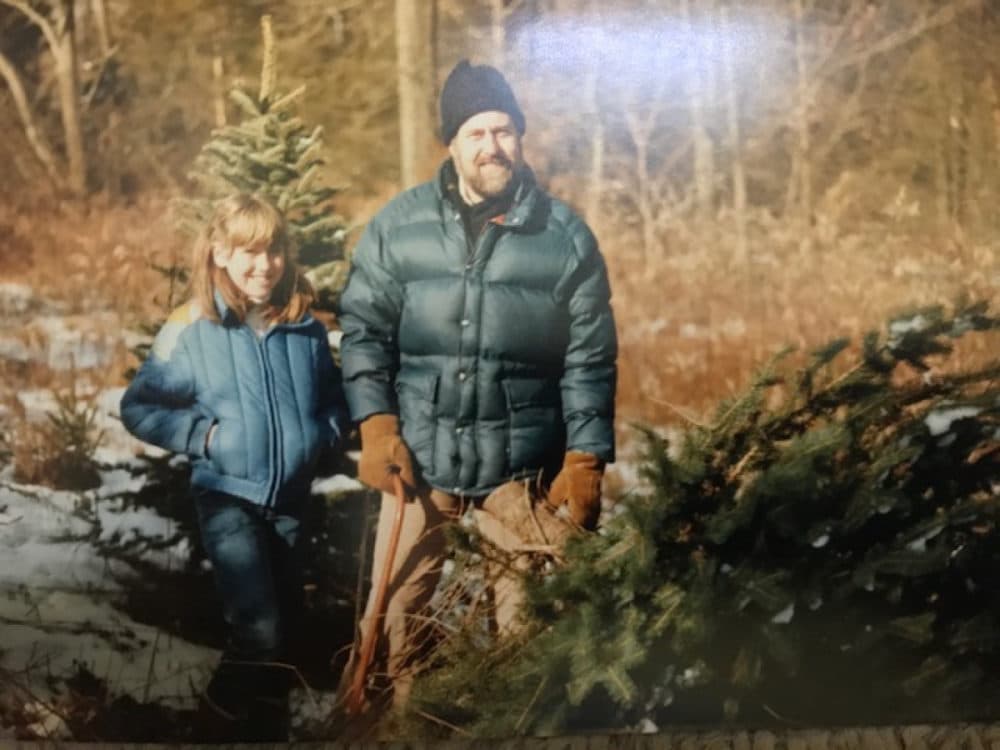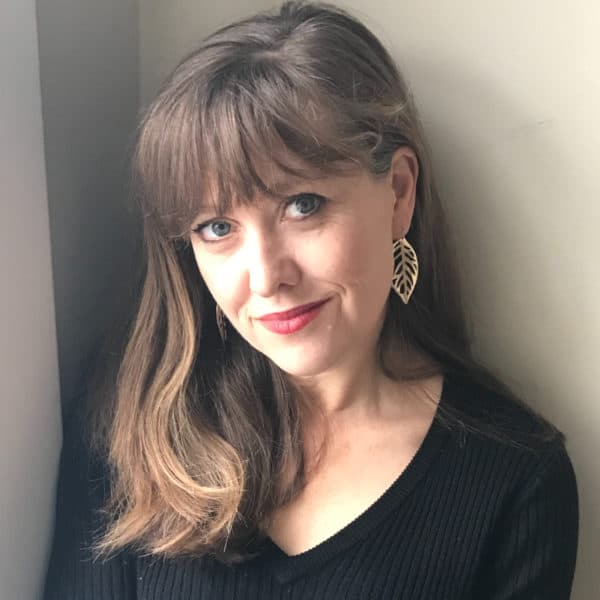Advertisement
Commentary
Just Before The Pandemic Began, My Father Died Of Cancer. Then, The World Disappeared

After my father died, the world disappeared.
I had watched the pandemic coming, a wave gathering height and strength, over the course of the nine days I spent at my parents’ house in Maine in late February and early March 2020, where my father was on hospice care, in the end stages of cancer. Between adjusting his pillows, bringing a straw to his mouth, and queuing up the music he loved — Peter, Paul & Mary, The Chieftans, Brigadoon — I read the headlines and refreshed the Johns Hopkins coronavirus map, watching the numbers tick upward.
Still, it felt far away — something looming at the edges of the world I’d temporarily left: my house in Massachusetts, my husband and kids, my work, the rhythms of everyday life. My world now was my father’s hospital bed and the sofa beside it where my brother and I took turns sleeping at night, waking periodically to slip eye droppers of morphine and Lorazepam into my father’s mouth. It was a world in which we wanted my father to pass as much as we wanted him to stay. A world of profoundly painful limbo.
While my father lay dying, visitors came and went, bearing food and hugs, mask-less, breathing their sympathies into the air. We picked fearlessly at shared platters of cheese and crackers and cookies. The hospice nurses who came each day didn’t wear gloves or masks or plastic shields. I watched an aide shave my father with moving tenderness while he slept, her face just inches from his. We didn’t know the phrase “social distancing” yet.
As the days passed, my father faded. Then, on Monday, March 9, 2020, he died.
A day and a half later, as I drove back to Massachusetts, I heard the news that the World Health Organization had declared COVID-19 a pandemic.
My father’s death was just one more strange, ungraspable thing among thousands of others. The multitude of other losses seemed to water down my grief for him.
Two days after that, my then seventh-grade twins were dismissed from school for what would be the last time until September. Concerts and conferences and major league sports were canceled, cities were being locked down, cruise ships quarantined. Patients were dying on gurneys in hospital corridors in Italy, trucks were being used as morgues in New York and — oh, right, my father was dead.
My relationship with him had been tumultuous, especially in the last decade of his life, so I’d suspected my grief would be tempered by relief. Still, I assumed that I would feel like something in my life was off-kilter. Instead, the entire world was off-kilter. My father’s death was just one more strange, ungraspable thing among thousands of others. The multitude of other losses seemed to water down my grief for him.

Even the impact of the fact that I couldn’t see him was dulled. Millions were being kept apart from their loved ones by the virus. I wouldn’t have been able to visit him anyway, especially given the fact that he was ill. I might have felt his absence more keenly on Thanksgiving and Christmas, except for the fact that my mother and in-laws weren’t there either. Nobody was.
It was only when I felt the urge to talk with my father about current events — not just the pandemic, but George Floyd, the election — that my breath would catch as I bumped up against the reality that he was gone. Still, I didn’t linger in that place for long. There were too many other things on my mind, from the constant calculus of risk to my children’s wellbeing to the nagging and ever-present question: When will this end?
I might have felt his absence more keenly on Thanksgiving and Christmas, except for the fact that my mother and in-laws weren’t there either. Nobody was.
Sometimes, over the course of that year of not-quite-grieving I wondered if I was leaning on the pandemic as an excuse not to actively confront the fact that my father had died. More than once, when friends asked how I was doing, I said that I felt like the pandemic had made his dying easier.
Now that things are resuming something close to normal (here in Massachusetts, at least), and my ordinary routine and state of mind have been un-paused, I occasionally find myself disoriented, feeling like my father should come back, too. Where did he go? What just happened? When I remember that he’s gone for good, the impact of it is stronger. Sometimes I even cry.
And yet it’s a gentler sort of grief than I think I would have experienced had his dying not been inextricably entwined with the loss of our pre-COVID world. It’s a grief that’s more wistful than painful. More surreal than shocking. Maybe that will change as life settles further back into normalcy. But for now, it feels like a blessing.
